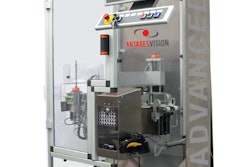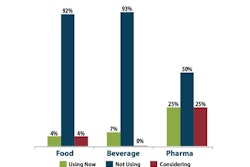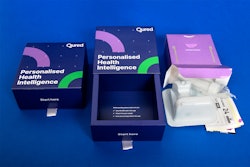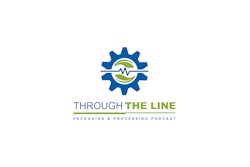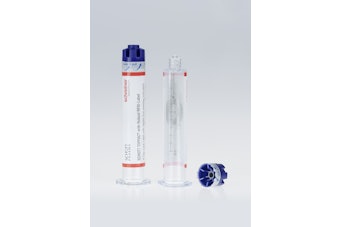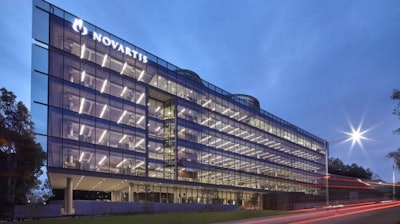
A recent article from MIT Technology Review discussed the FDA’s approval of a groundbreaking gene therapy for cancer that uses genetically engineered immune cells. The process, developed by Novartis, is known as a CAR-T therapy and it will cost $475,000 for a one-time treatment. However, Novartis is putting its money where its mouth is nothing that if a patient doesn’t respond to the therapy within a month, there will be no charge.
The treatment, marketed as Kymriah, involves extracting immune cells from the patient and cryogenically freezing them to ship to Novartis’ manufacturing center in New Jersey. Once there, the cells are altered to contain protein that tells T cells to attack leukemia cells with a specific antigen. The cells are then infused back into the patient. This is the first therapy of its kind to be available in the United States; two gene therapies for rare inherited diseases have been approved in Europe.



